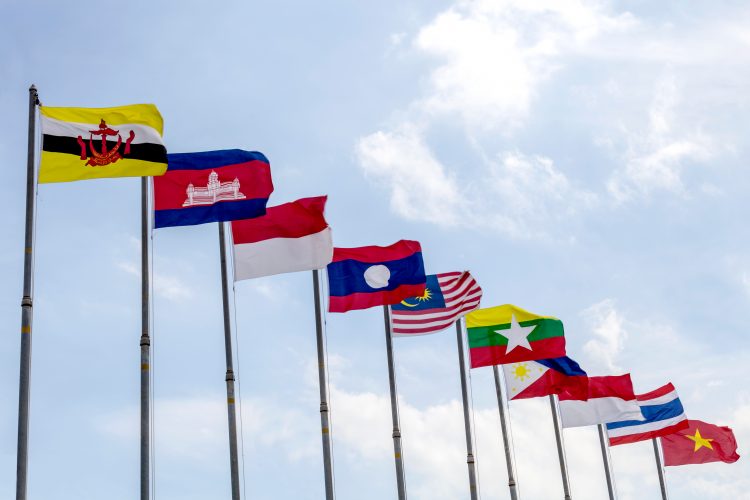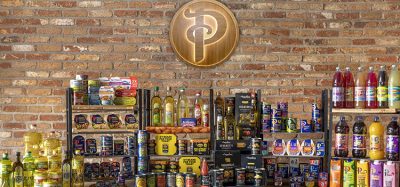Food supply chain disruptions in Southeast Asia could spell trouble
- Like
- Digg
- Del
- Tumblr
- VKontakte
- Buffer
- Love This
- Odnoklassniki
- Meneame
- Blogger
- Amazon
- Yahoo Mail
- Gmail
- AOL
- Newsvine
- HackerNews
- Evernote
- MySpace
- Mail.ru
- Viadeo
- Line
- Comments
- Yummly
- SMS
- Viber
- Telegram
- Subscribe
- Skype
- Facebook Messenger
- Kakao
- LiveJournal
- Yammer
- Edgar
- Fintel
- Mix
- Instapaper
- Copy Link
Posted: 8 April 2020 | Bethan Grylls (New Food) | No comments yet
Food supply chain disruptions caused by Covid-19 may lead to increased food security challenges in ASEAN.


COVID-19 is likely to exacerbate the already present food security challenges faced by ASEAN (Association of Southeast Asian Nations) communities, a report from PwC reveals.
To minimise disruption of food manufacturing and distribution and ensure food security, collaboration between the industry and government is needed, the report continues.
The PwC study titled “Maintaining food resilience in a time of uncertainty” and commissioned by Food Industry Asia (FIA), the regional association representing Asia’s food and beverage (F&B) industry, recommends that food and its broader supply chain are acknowledged as essential. It also advises that workers in the industry are protected to ensure borders remain open, and that financial assistance is provided to the most vulnerable businesses and consumers.
“Our discussions with major global food companies suggest that labour restrictions and supply disruption for inputs are the key challenges that the sector is currently facing in ASEAN,” said Richard Skinner, Asia Pacific Deals Strategy & Operations Leader, PwC Singapore. “It must be recognised that supply chains remain open and supermarket shelves are generally well-stocked, suggesting that many of the measures put in place by governments and businesses are working well for now.
“Nevertheless, as the situation develops it will be necessary for stakeholders to broaden and strengthen mitigations, to ensure the region’s food system continues to function effectively.”
The industry is of huge importance to both the health and economic well-being of the region, with the market not only providing essential nutrition to ASEAN populations, but also driving a large share of economic output and employment. According to the report, the food value chain contributes around $500 billion of economic output to the region – that’s about 17 percent of ASEAN’s total GDP. The industry also accounts for approximately 113 million jobs in ASEAN.
“During a lockdown, if governments across the region put in place policies that hinder production across supply chains as well as trade barriers, this could lead to regional food shortages, especially when looking across the world and seeing the continued but unnecessary panic buying behaviour of people in these situations,” added Matt Kovac, Executive Director FIA.
Related topics
COVID-19, Food Security, retail, Supermarket, Supply chain, The consumer, Trade & Economy









